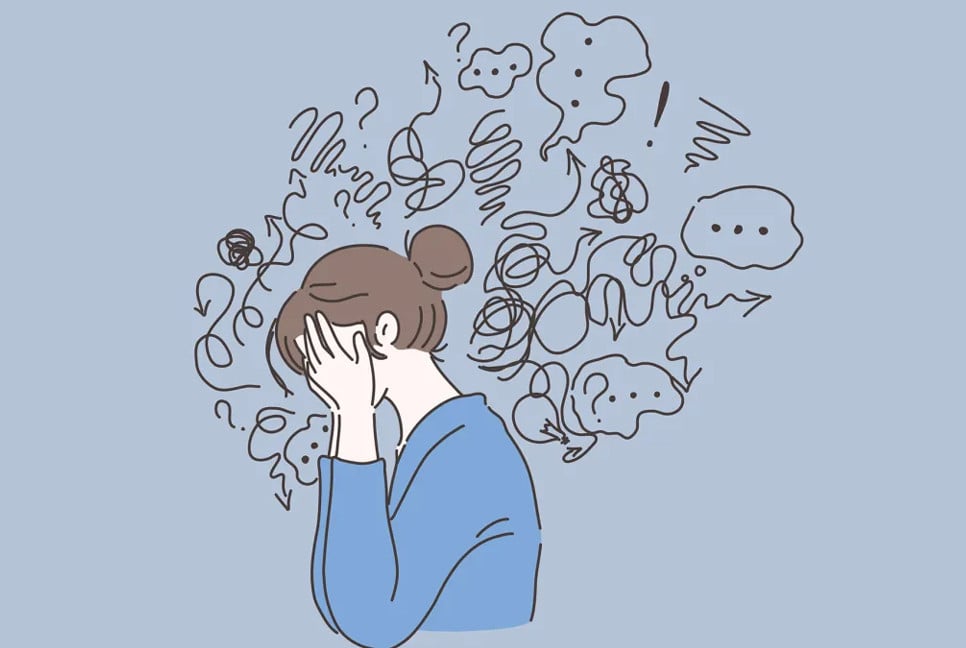Have you ever felt a pang of loneliness when alone, or did you relish the quiet as a chance to recharge? A recent study in Cognition and Emotion suggests that how we frame solitude—whether as "me-time" or "isolation"—greatly influences our emotional well-being.
How words shape experiences
Solitude is a universal experience, but its impact depends on perception. While some see alone time as an opportunity for relaxation, creativity, or self-reflection, others may associate it with loneliness and exclusion. Researchers Micaela Rodriguez and Scott W. Campbell explored how language shapes solitary experiences, revealing that words carry psychological weight.
'Me-Time' vs. 'Isolation'
The study’s first phase involved 500 U.S. adults rating different terms for alone time: "me-time," "time alone," "solitude," "being alone," and "isolation." "Me-time" emerged as the most positive, linked to self-care and enjoyment, while "isolation" had the strongest negative connotations. "Solitude" and "time alone" were viewed neutrally to slightly positive, while "being alone" leaned negative.
The science behind the perception shift
In a follow-up experiment, 176 students spent 30 minutes in solitude. Half were told they were enjoying "me-time," while the rest were informed they were in "isolation." Those in the "me-time" group reported higher happiness and relaxation, whereas those labeled as "isolated" experienced a decline in positive emotions. Although both groups showed reduced negative emotions post-solitude, the drop was more significant for the "me-time" participants. Moreover, the "me-time" group developed more positive views on being alone, while the "isolation" group remained unchanged.
Reframing alone time
The study underscores the power of language in shaping experiences. By reframing solitude as "me-time" instead of "isolation," you can: Enhance mood and increase positive emotions, develop a healthier relationship with solitude, feel more in control of alone time, focus on self-care rather than loneliness,
Next time you find yourself alone, embrace it as an opportunity for self-care—reading, journaling, or simply relaxing. Shifting your mindset can turn solitude into a tool for emotional well-being. After all, it’s not isolation—it’s well-deserved me-time.
Source: Hindustan Times
Bd-pratidin English/Fariha Nowshin Chinika






























































